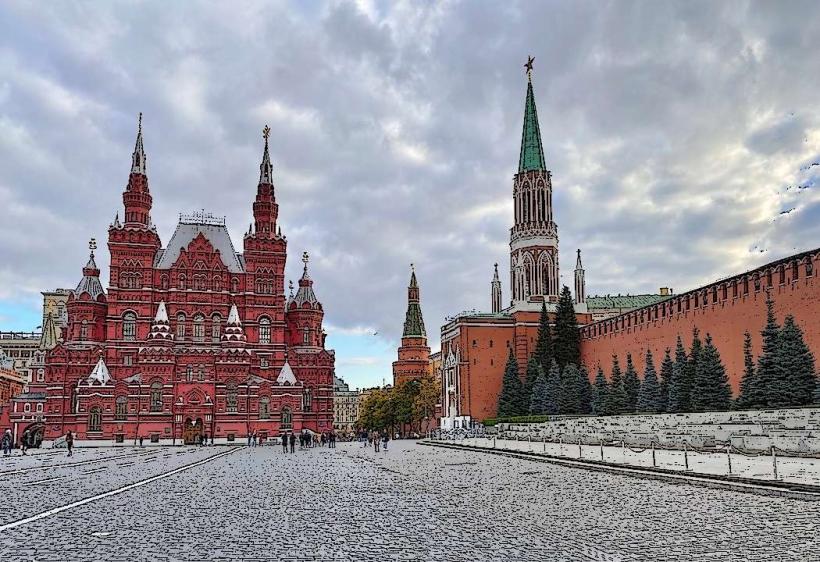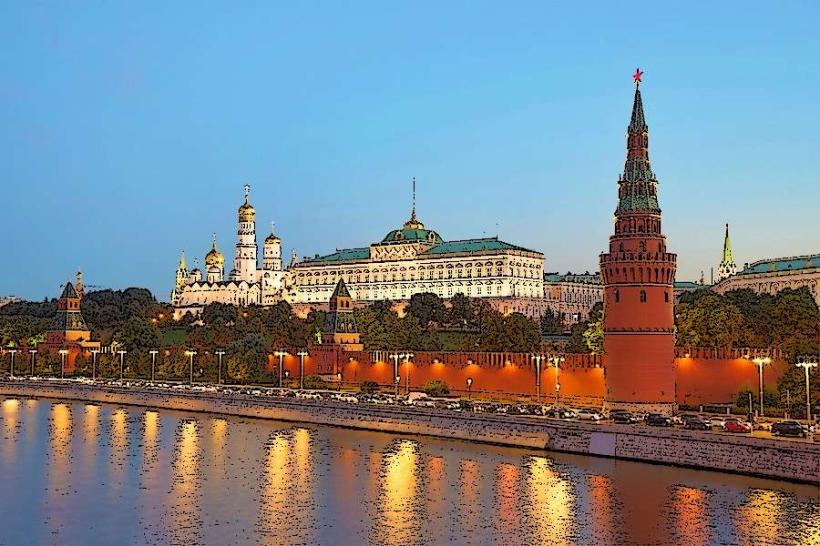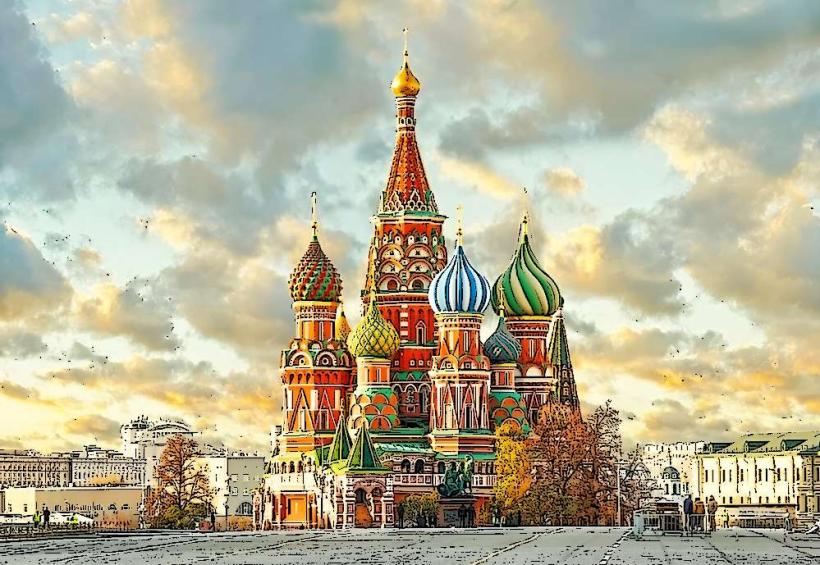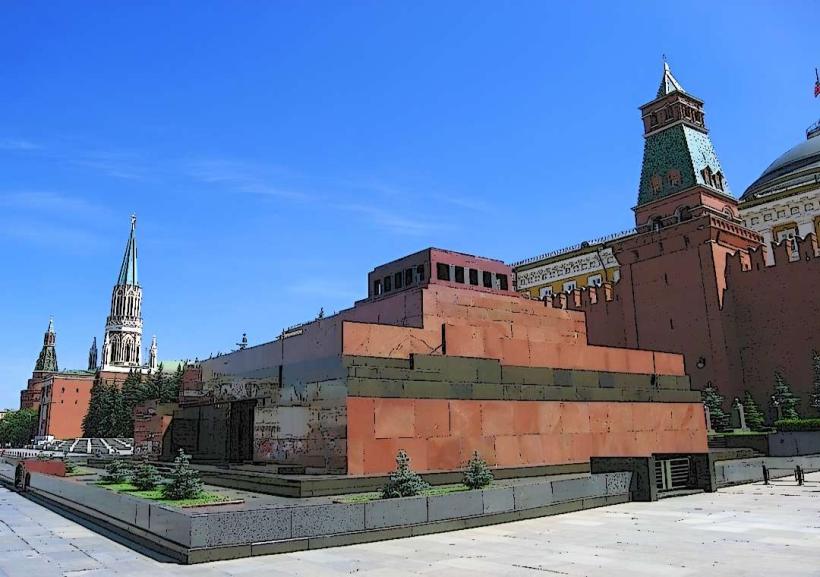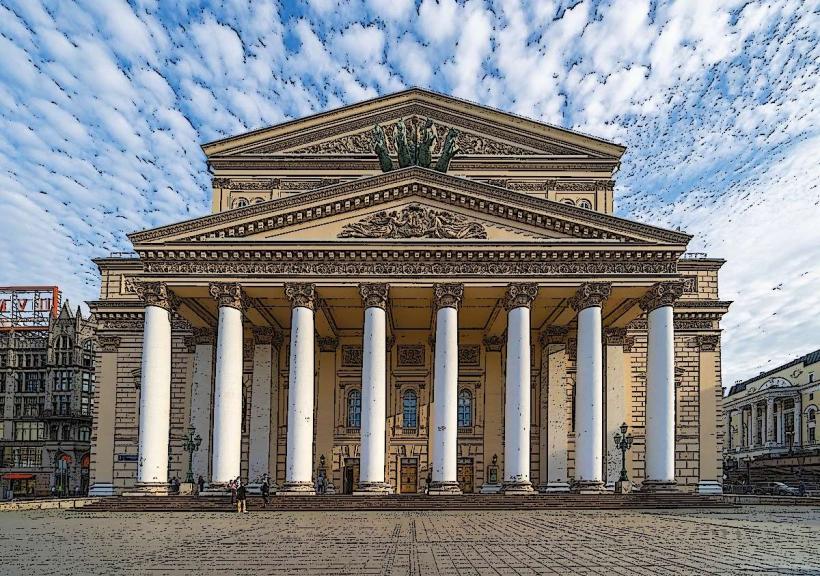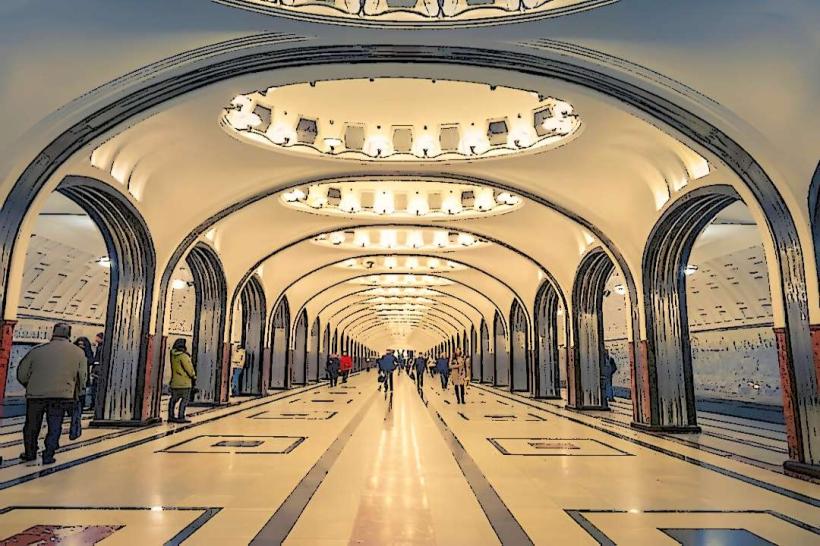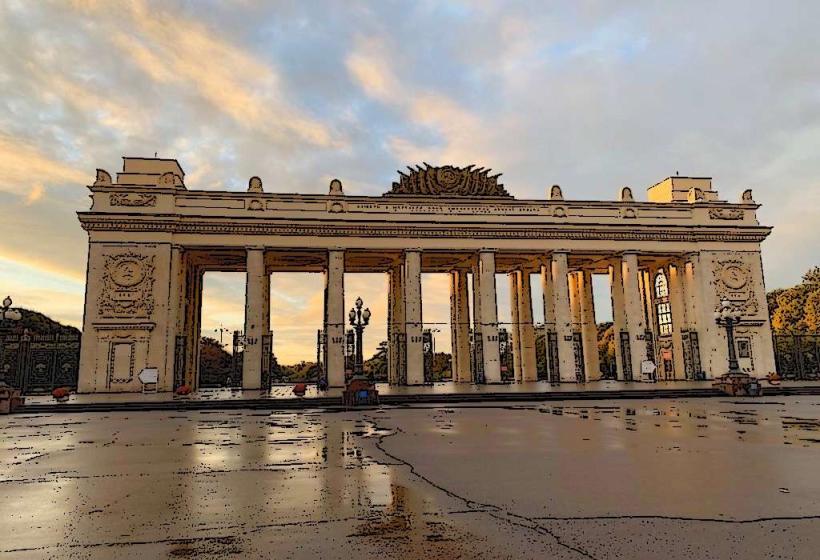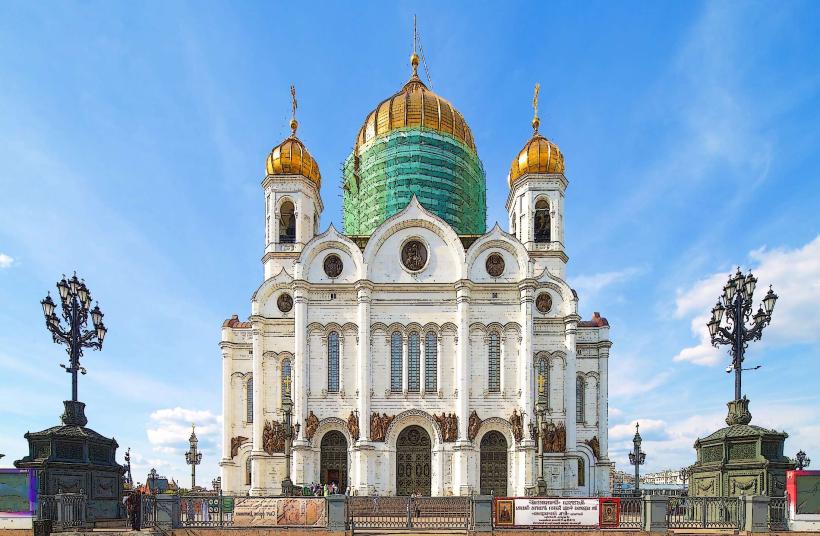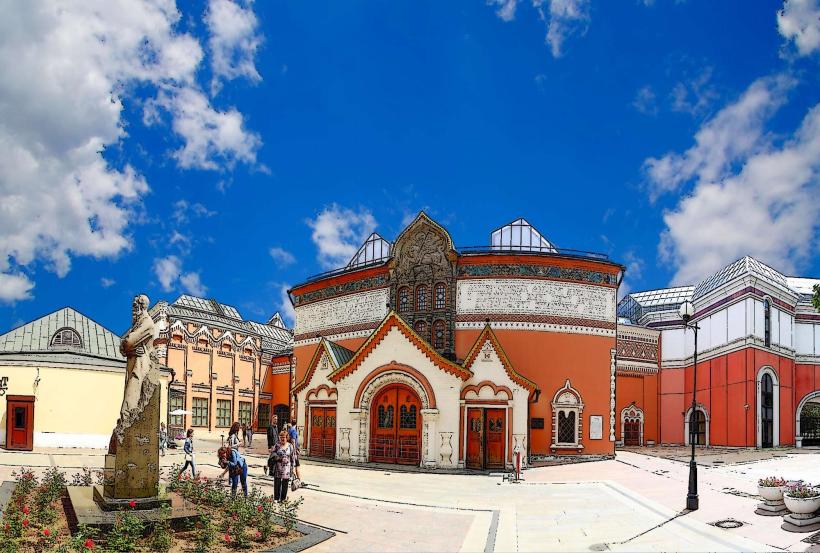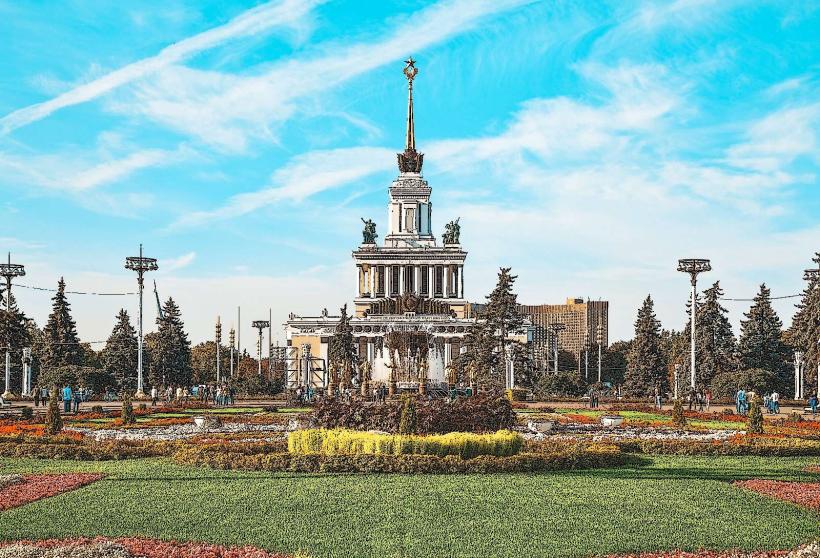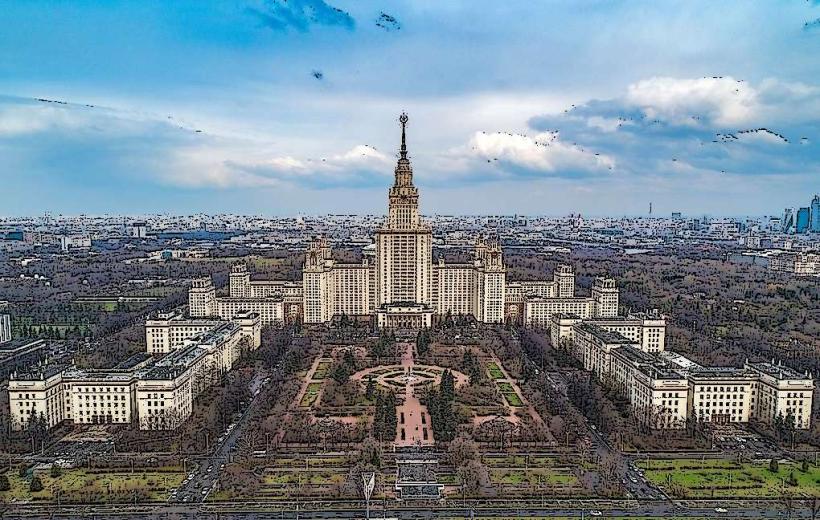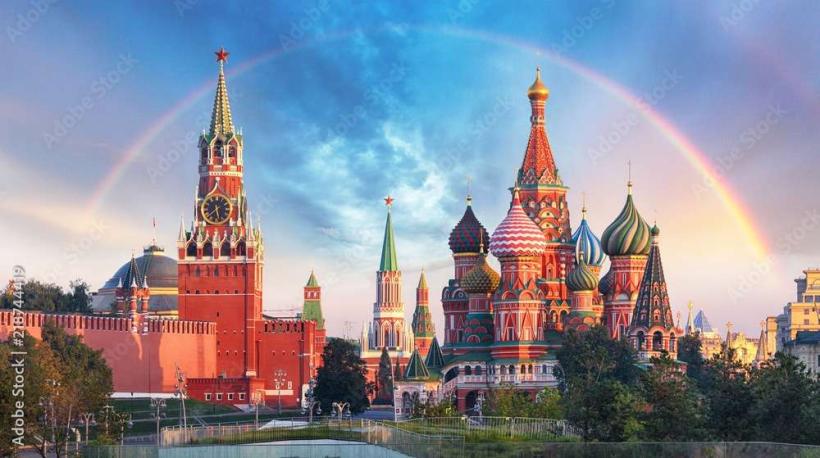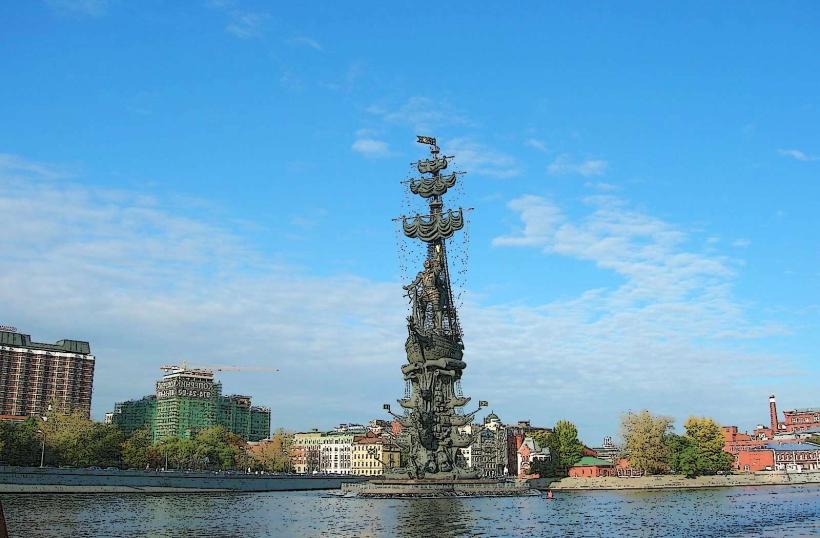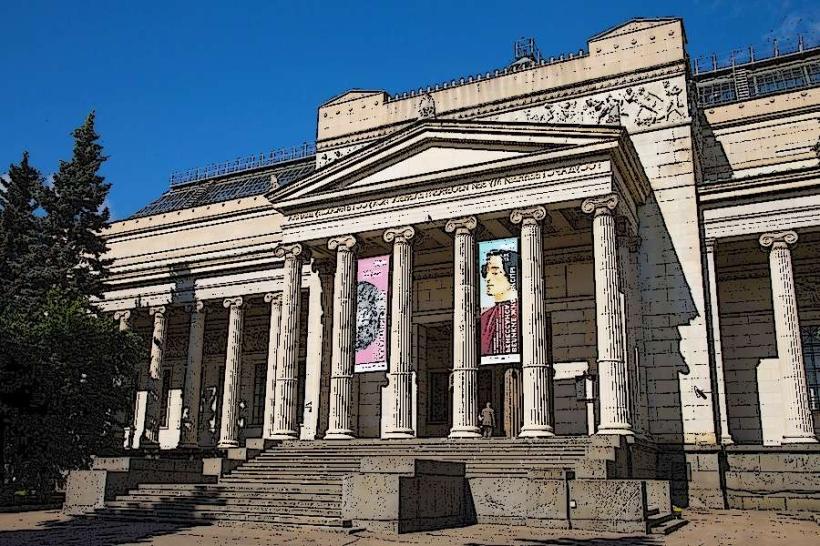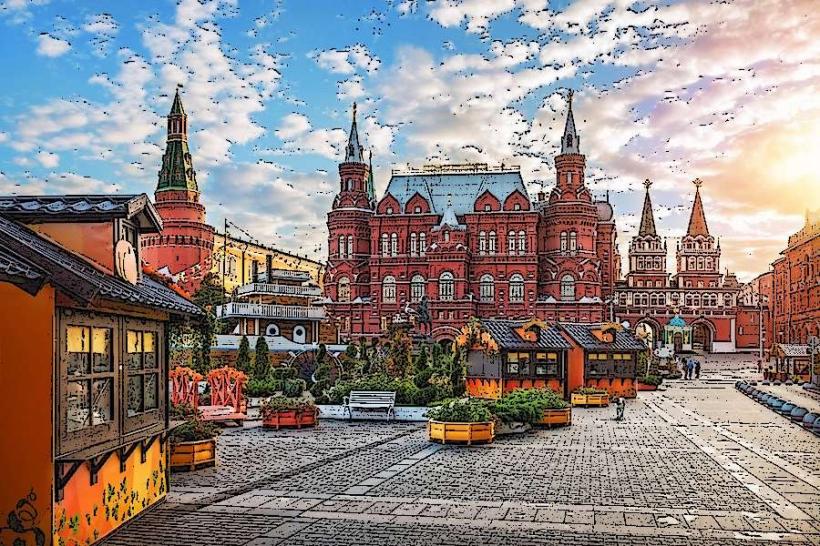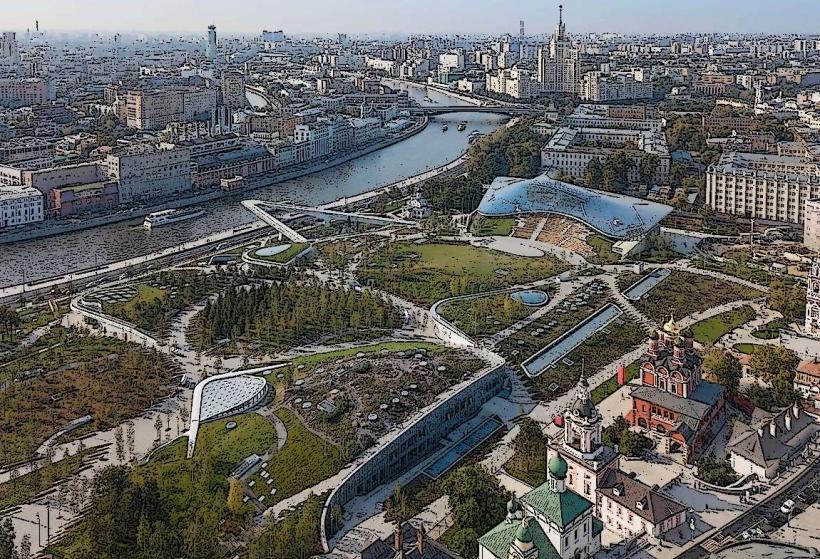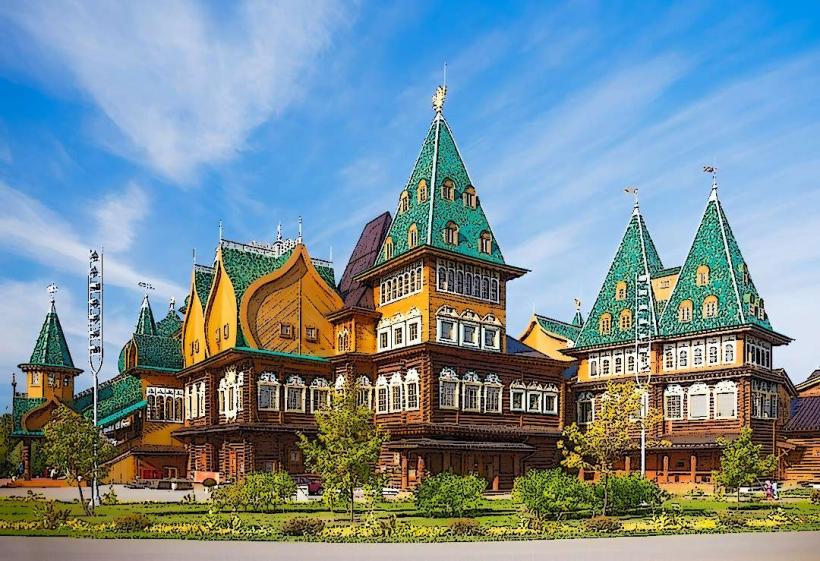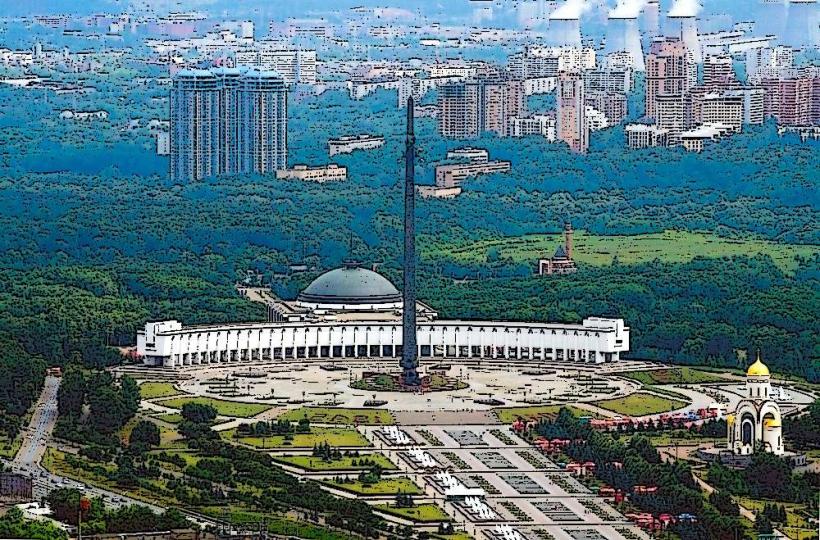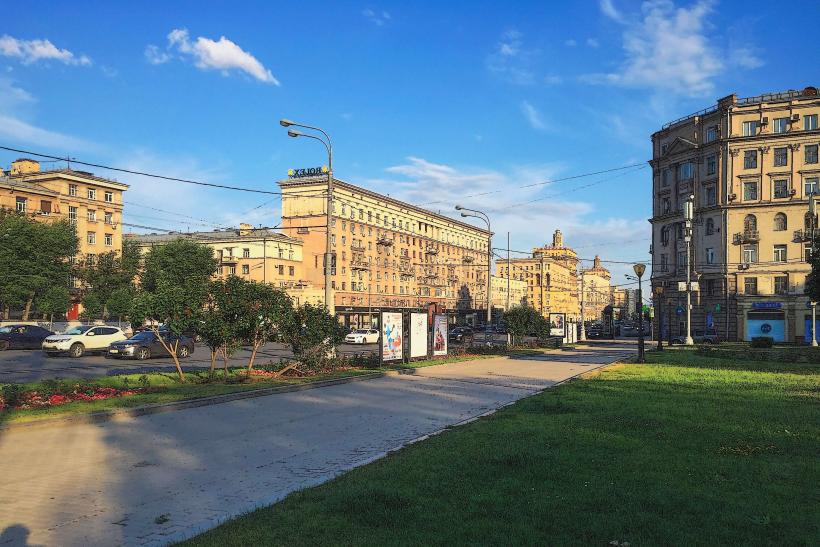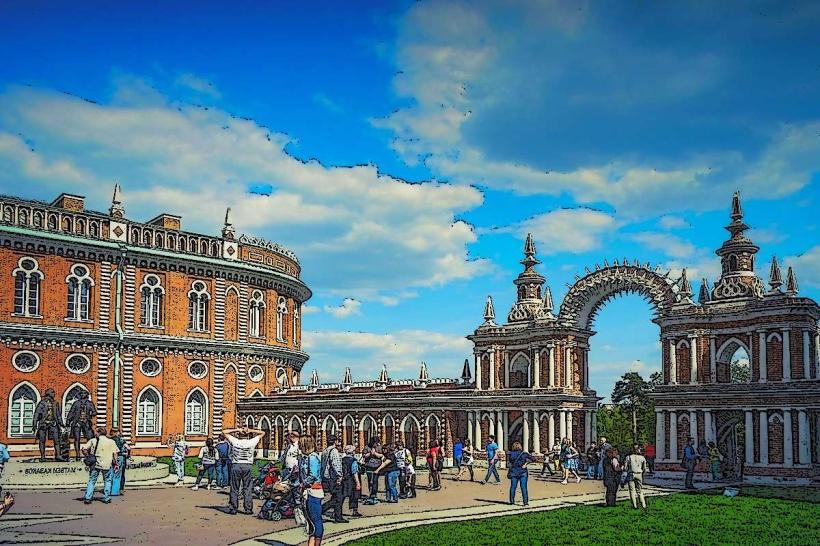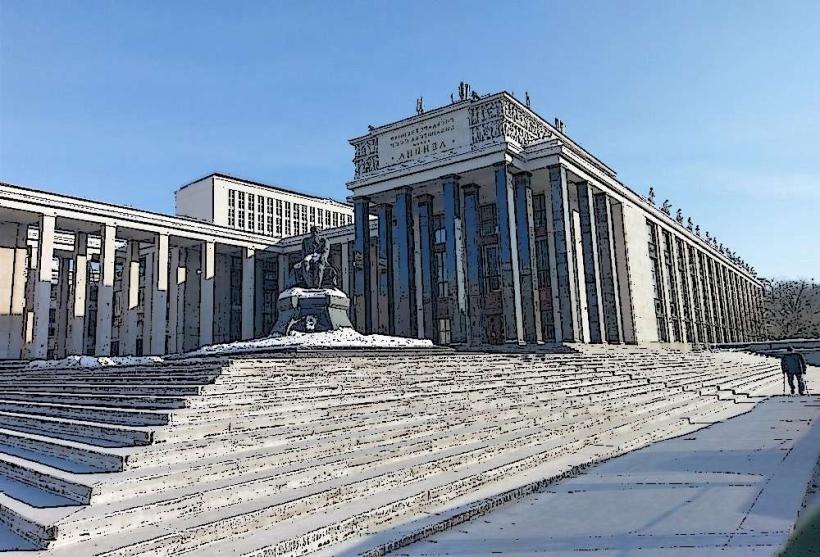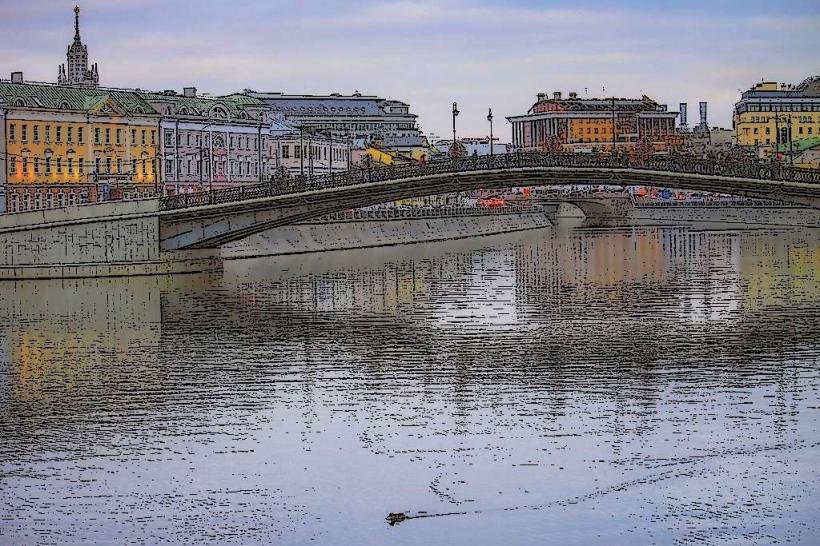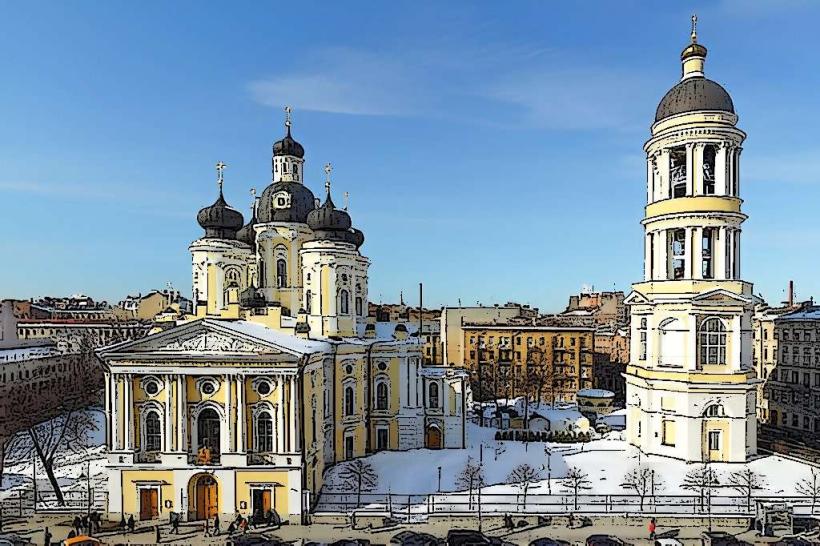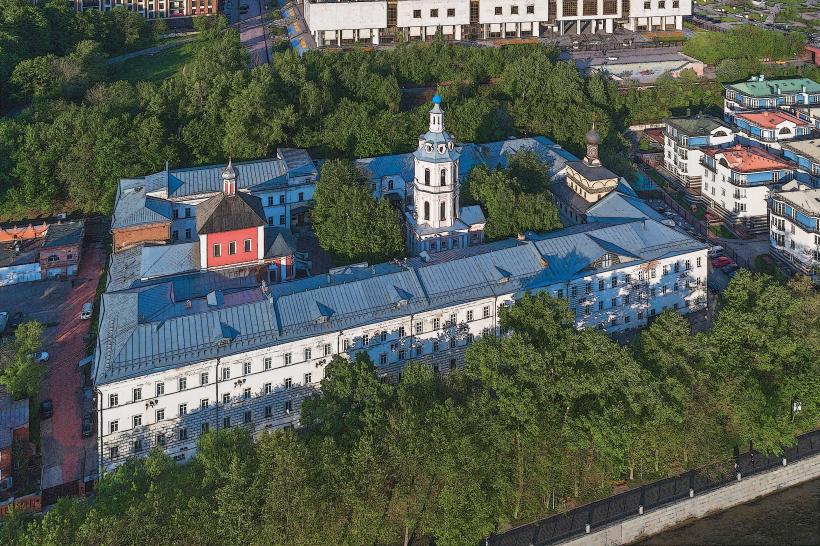Information
City: MoscowCountry: Russia
Continent: Europe
Moscow, Russia, Europe
Moscow serves as the capital and largest city of the Russian Federation, functioning as its political, economic, and cultural center. It is a federal city located on the Moskva River in Central Russia.
Historical Timeline
Moscow was first mentioned in chronicles in 1147. It served as the capital of the Grand Duchy of Moscow, the Tsardom of Russia, and the Soviet Union. The most significant architectural shifts occurred during the Stalinist reconstruction of the 1930s and 1950s (Seven Sisters) and the rapid modernization following the 1991 collapse of the USSR. In 2026, the city's identity is heavily influenced by the "Year of the Unity of the Peoples of Russia," a state-led ideological focus on internal stability and domestic mobilization.
Demographics & Population
The metropolitan population is approximately 12.76 million as of 2026. The demographic is predominantly ethnic Russian (91%), with significant minorities of Ukrainians, Tatars, and Armenians. There is a large floating population of approximately 1.8 million temporary residents and an estimated 1 million undocumented migrants, primarily from Central Asia (Uzbekistan, Tajikistan).
Urban Layout & Key Districts
Moscow is organized in a concentric radial layout based on historical fortifications.
Central Administrative Okrug (CAO): The historic and political core.
Moscow City (MIBC): The modern skyscraper district and financial center (Presnensky District).
Zamoskvorechye: A historic merchant district south of the Kremlin.
Khamovniki: A prestigious residential and cultural area.
Top City Landmarks
The Moscow Kremlin & Red Square (UNESCO World Heritage Site)
Saint Basil’s Cathedral
Cathedral of Christ the Saviour
VDNKh (All-Russian Exhibition Center)
Moscow Metro (Baroque-style stations like Komsomolskaya)
Transportation Network
Movement is dominated by the Moscow Metro, one of the world's most efficient systems. 2026 marks the deployment of the Moskva-2026 train series, featuring driverless technology and enhanced capacity. Commuter rail is served by the Moscow Central Diameters (MCD) and Central Circle (MCC). Taxis are integrated via the Yandex Go app. Direct flights from most Western nations are non-existent due to 2026 sanctions; travel requires stopovers in Turkey, Serbia, or the UAE.
Safety & "Red Zones"
Moscow is safe for general tourism, but political risks are high. Public demonstrations or protests are "red zones" and result in immediate detention. Travelers should avoid the border regions with Ukraine. Common scams involve "fake police" asking for documents to extort money and overpriced "tourist menus" in Arbat Street. Digital surveillance (FaceID) is pervasive throughout the transit network.
Digital & Financial Infrastructure
Russia is largely disconnected from global financial systems (SWIFT). International Visa and Mastercard cards issued outside Russia do not work. Travelers must use cash (RUB) or obtain a local MIR bank card upon arrival. Internet speeds are high (100+ Mbps), but most Western social media and news sites are blocked, requiring a VPN for access. As of October 2025, there are restrictions on foreign eSIMs, which may not activate for 24+ hours after arrival.
Climate & Air Quality
Moscow has a humid continental climate. Winters (December–February) are severe, with temperatures frequently reaching $-15^{\circ}\text{C}$ to $-20^{\circ}\text{C}$. Summers (June–August) are mild to hot ($20^{\circ}\text{C}$ to $30^{\circ}\text{C}$). Air quality is moderate but can be poor in the Southeast due to industrial zones.
Culture & Social Norms
Social standards are formal and conservative. Tipping of 10% is standard in restaurants. Handshakes are the standard greeting (men should wait for a woman to offer her hand first). Smiling at strangers in public is often viewed with suspicion. Alcohol sales are prohibited between 23:00 and 08:00. Public consumption of alcohol is illegal and results in fines.
Accommodation Zones
Tverskoy/Arbat: Stay here for walking access to major landmarks and high-end dining.
Presnensky (Moscow City): Stay here for modern luxury hotels and business proximity.
Local Cost Index
1 Espresso: 250 RUB ($2.75)
1 Standard Lunch: 600–900 RUB ($6.60–$10.00)
1 Metro Trip: 62 RUB ($0.70)
1 Liter of Petrol: 65 RUB ($0.72)
Nearby Day Trips
Sergiev Posad (Golden Ring): 75 km (1 hour 30 minutes)
Zvenigorod: 60 km (1 hour)
Kolomna: 115 km (2 hours)
Tula (Samovars/Kremlin): 180 km (2 hours 30 minutes via express train)
Facts & Legends
A verified historical oddity is Metro-2, a rumored secret underground metro system built during the Stalin era to connect the Kremlin with strategic bunkers. A prominent local legend concerns the "Black Greyhound of Kuznetsky Most," a spectral dog said to appear before financial disasters. Moscow is also the site of the world's largest bell (Tsar Bell) and largest cannon (Tsar Cannon), neither of which has ever been used for its intended purpose.

